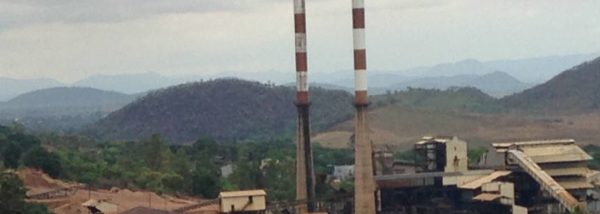Chinese mining and exploration group ASA Resources Group says it is tying up a deal to sell-off its shareholding in Bindura Nickel Corporation (BNC), which will see it exit the Zimbabwean market.
ASA operates Freda Rebecca, the largest single gold mine in Zimbabwe and Trojan Nickel Mine through BNC, which is listed on the Zimbabwe Stock Exchange (ZSE),
ASA gained control of BNC and its assets in 2015 after taking over the miner’s holding company Mwana Africa and booting out its founder, Kalaa Mpinga.
In a cautionary statement to shareholders, BNC announced that it had reached a deal with a potential buyer.
“Shareholders are advised to exercise caution when dealing in the company’s securities until a full announcement is made”.
Panaf, a mainly gold miner which is listed on the Johannesburg and London stock exchanges, has operations in South Africa.
The group also has operations in Botswana, Democratic Republic of Congo (DRC), South Africa and Angola.
Last year, the board reported that $4,3 million was missing from Freda Rebecca Mine, with an audit showing that the then executive chairman Yat Hoi Ning and finance director Yim Kwan had irregularly transferred money to two Hong Kong-registered companies.
In the six months to September, BNC registered a 26% increase in profit after tax to $2,8 million, buoyed by firm mineral prices on the international market.
However, sales during the half year period were down 14% to 2 980 tonnes from 3 485 tonnes last year on the back of low production and logistical challenges in moving the product out of the country.
Cost of sales increased by 11% from $16,2 million last year, to $18 million in the period under review, mainly due to an increase in local costs. Production declined to 3 076 tonnes from 3 460 tonnes in 2017.
BNC has had to put its ambitious Smelter Restart Programme on hold because of the prevailing economic challenges.
source: NewsDay Zimbabwe





